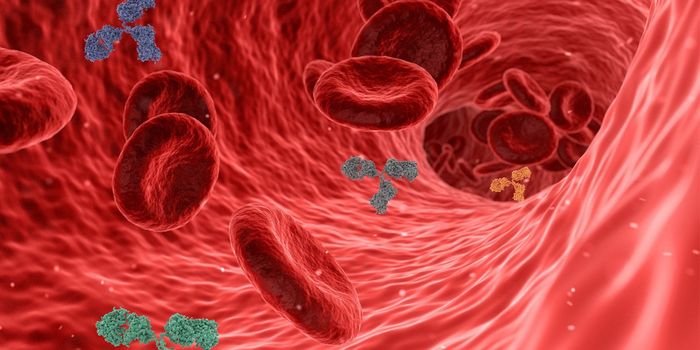Adjuvant immunotherapy proves effective for colon cancer
Results from a study published in Nature Medicine highlights the benefits of receiving pre-surgery immunotherapy for some types of colon cancer. The NICHE study was carried out by scientists at the Netherlands Cancer Institute and found that 100% of patients in a phase II clinical trial with MSI colon cancer benefited from immunotherapy pre-surgery, while 25% of MSS colon cancer patients saw benefits.
Pre-surgery immunotherapy, also known as neoadjuvant immunotherapy, is meant to keep cancer from metastasizing while also giving the immune system a head-start to recognize tumor variations. Ideally, this allows the immune system a better opportunity to respond once the tumor is removed by surgery.
While the researchers conducting the clinical trials hoped for positive results, they say they were blown away with their findings. 'A good response rate was on the cards in this group', says oncologist and project manager Myriam Chalabi. 'But a 100% rate is unprecedented. You don't dare hope it will be that good.'
Participating in the study were 40 patients with two different colon cancer subtypes: microsatellite-instable (MSI) tumors and microsatellite-stable (MSS) tumors. MSI means that the tumor is very susceptible to mutation; this subtype of colon cancer typically responds well to immunotherapy and the researchers showed that 100% of the patients responded well. MSS, on the other hand, does not typically respond well to immunotherapy; however, the researchers showed that 25% of the group responded well to adjuvant immunotherapy.
The researchers wanted to understand these unexpectedly positive results for MSS. “We looked at all the usual suspects, but they weren't the cause', says Chalabi. “We didn't see the same predictive factors as in melanoma, for instance. But in the end, we did find a new biomarker. If that proves to be predictive in follow-up studies, it could provide a simple way of identifying patients with MSS tumors who could benefit from immunotherapy.”
The researchers at the Netherlands Cancer Institute had previously shown in past studies that neoadjuvant immunotherapy has similar success outcomes for melanoma; they are simultaneously carrying out investigation on other types of tumors, as well. The researchers plan to continue monitoring the patients already involved in the colon cancer study for a minimum of three more years, in addition to increasing the number of patients involved. 'Only then can the new therapy be considered as a standard treatment', says Chalabi.
Sources: Nature Medicine, Eureka Alert









